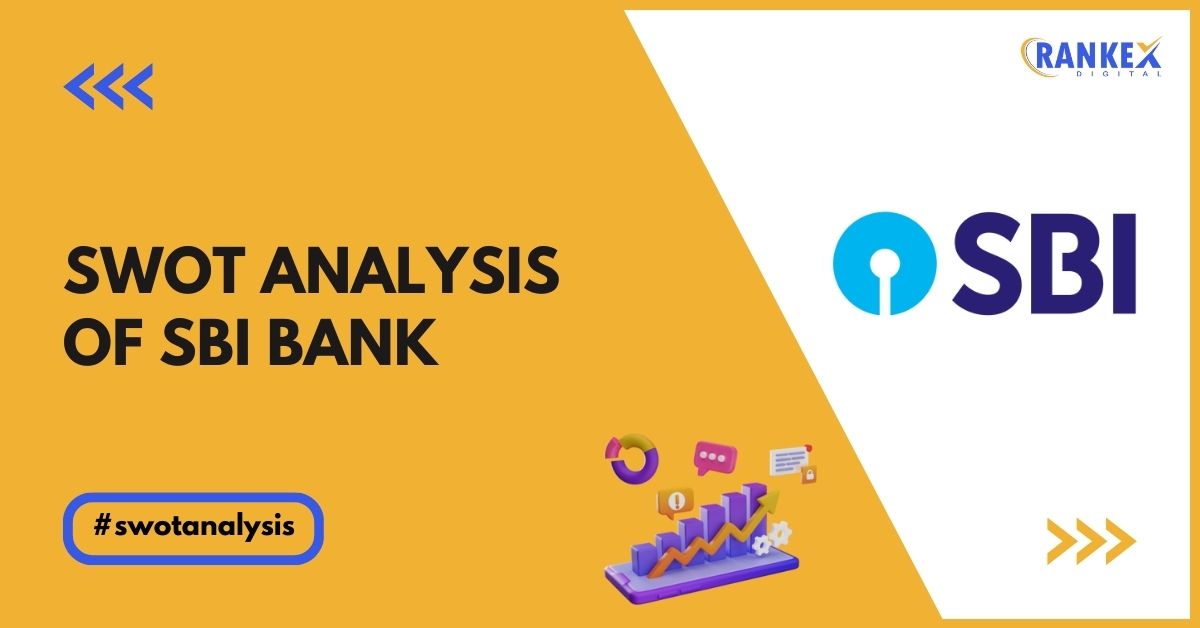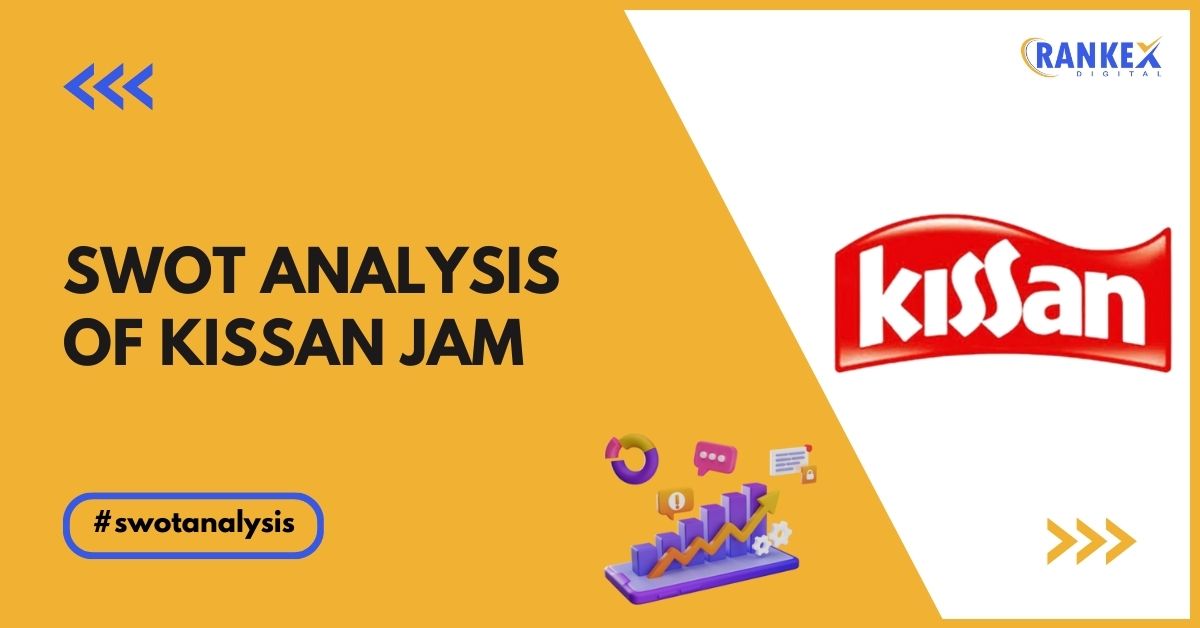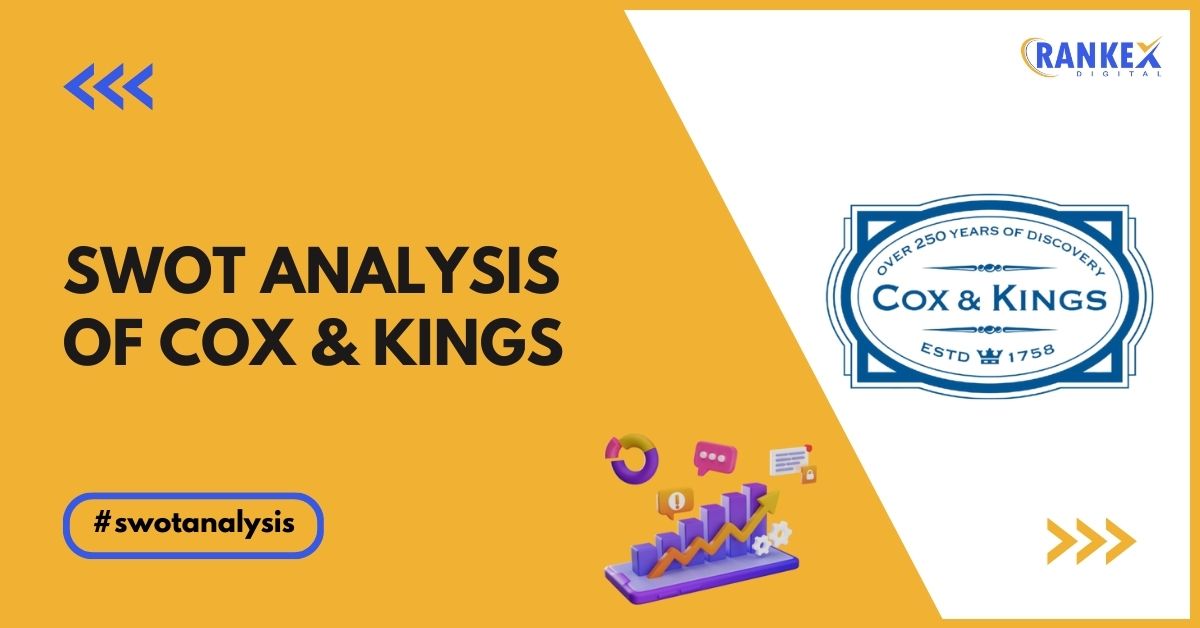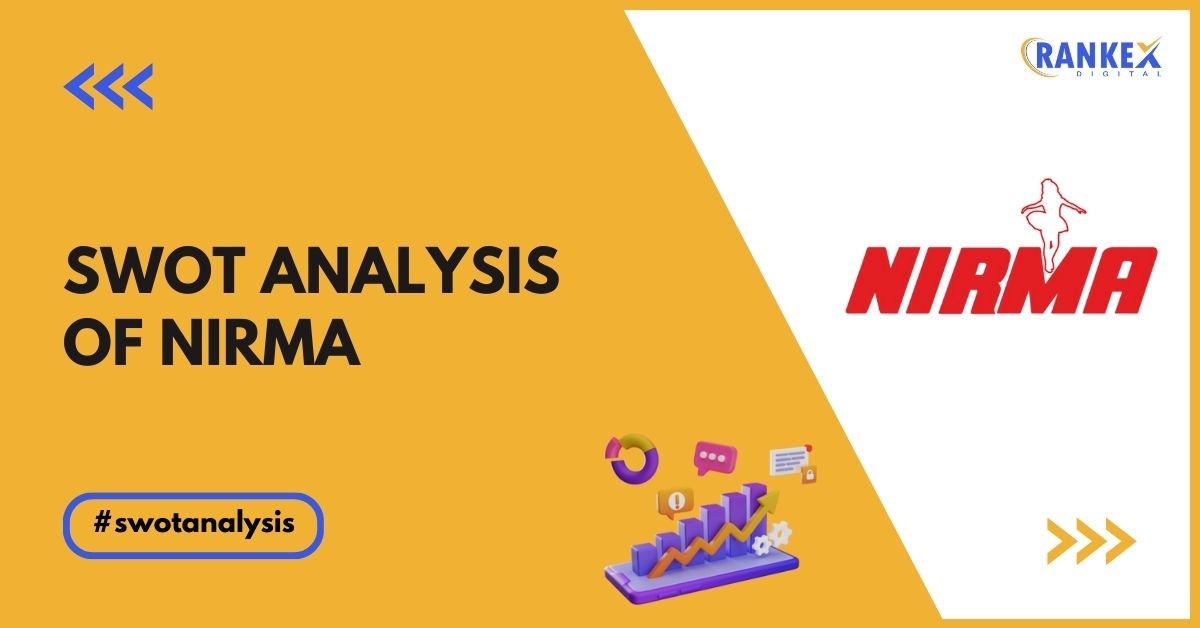The State Bank of India (SBI) is India’s largest public sector bank and a key player in the global banking industry. With a legacy spanning over two centuries, SBI Bank has established itself as a pillar of the Indian economy, providing a comprehensive range of banking products and services to millions of customers.
Understanding the strengths, weaknesses, opportunities, and threats (SWOT) of SBI Bank is crucial for analyzing its current position and strategizing for future growth. This article provides an in-depth SWOT analysis of SBI Bank, exploring its key attributes and competitive landscape.
Table of Contents
Overview of SBI Bank
SBI Bank was established in 1806 as the Bank of Calcutta, later renamed the Imperial Bank of India, and finally, in 1955, it became the State Bank of India.
Headquartered in Mumbai, Maharashtra, SBI Bank offers a wide range of services, including retail banking, corporate banking, insurance, investment banking, and asset management.
With over 22,000 branches and 58,000 ATMs across India, SBI Bank has a significant presence in the Indian banking sector.
Quick Stats About SBI Bank
| Founder | Government of India |
| Year Founded | 1955 |
| Origin | Mumbai, Maharashtra, India |
| No. of Employees | 250,000+ |
| CEO | Dinesh Kumar Khara |
| Company Type | Public |
| Market Cap | $62 Billion |
| Annual Revenue | $52 Billion |
| Net Profit | $4 Billion |
Current News of SBI Bank
- Digital Transformation Initiatives: SBI has been investing heavily in digital banking and fintech innovations to enhance customer experience and operational efficiency.
- Expansion Plans: SBI Bank has been expanding its presence internationally, with a focus on key markets in Asia, Europe, and the Americas.
- Green Initiatives: SBI Bank has been actively participating in sustainable banking practices and financing renewable energy projects.
- Partnerships and Collaborations: SBI has formed strategic alliances with various fintech companies to offer innovative financial solutions and improve service delivery.
SWOT Analysis of SBI Bank
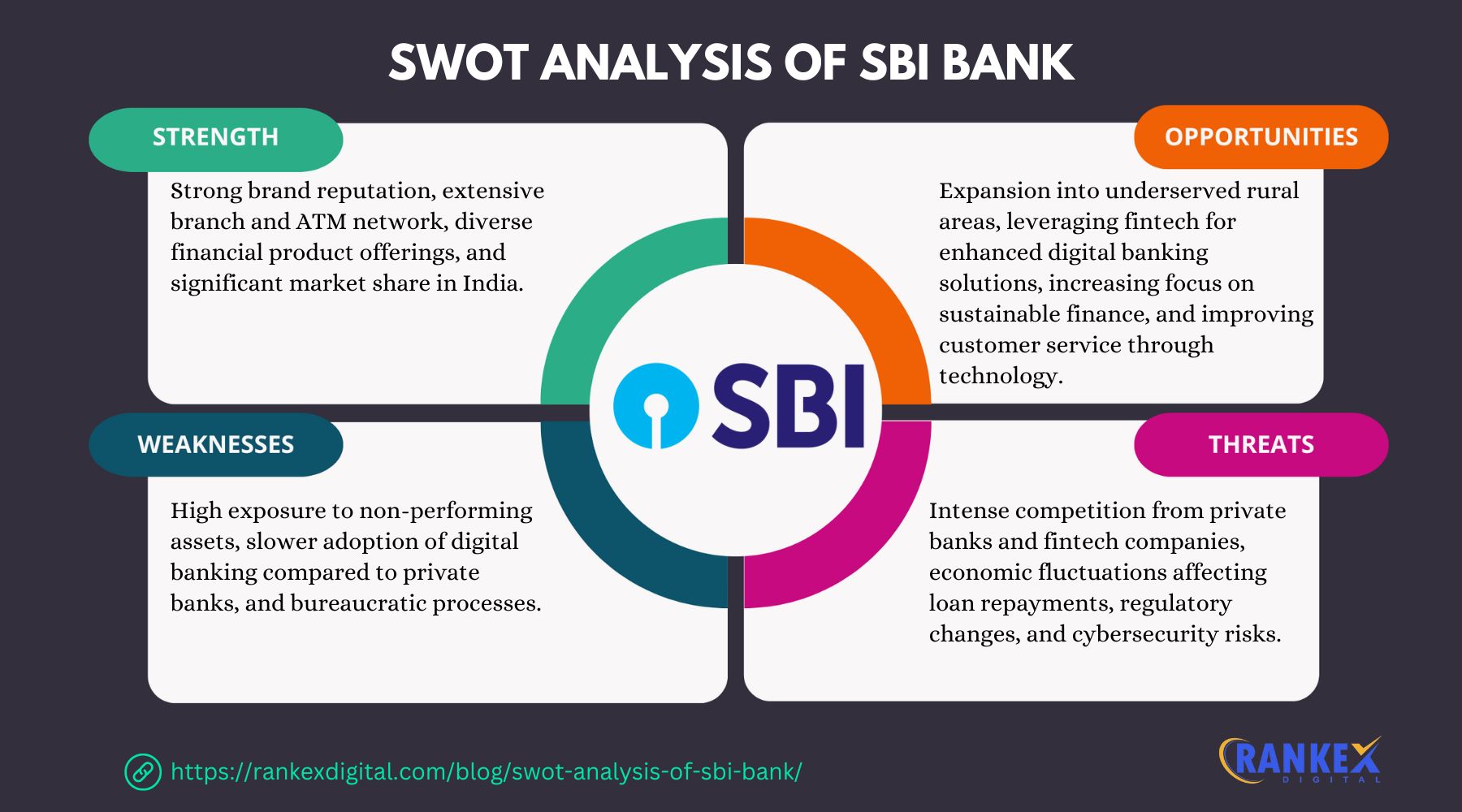
Strengths of SBI Bank
- Large Customer Base: SBI Bank has a vast customer base of over 450 million customers, making it the largest bank in India in terms of customer reach.
- Extensive Branch Network: With more than 22,000 branches and 58,000 ATMs across India, SBI Bank has an unparalleled physical presence, providing easy access to banking services.
- Strong Brand Reputation: SBI Bank enjoys a strong brand reputation and trust among customers, built over its long history and consistent service quality.
- Diverse Product Portfolio: SBI offers a wide range of banking products and services, including retail banking, corporate banking, insurance, and investment services, catering to various customer segments.
- Robust Digital Infrastructure: SBI Bank has made significant investments in digital banking, offering a seamless online and mobile banking experience to its customers.
- Government Support: As a public sector bank, SBI benefits from strong government support, which helps in maintaining stability and confidence among its customers.
Weaknesses of SBI Bank
- High Non-Performing Assets (NPAs): SBI has a relatively high level of non-performing assets, which affects its profitability and financial health.
- Operational Inefficiencies: Managing a large branch network and workforce can lead to operational inefficiencies and higher costs.
- Bureaucratic Processes: Being a public sector bank, SBI often faces bureaucratic hurdles and slower decision-making processes compared to private sector banks.
- Limited International Presence: Although SBI has a presence in international markets, its global footprint is limited compared to some of its private sector competitors.
- Dependence on Interest Income: A significant portion of SBI’s revenue comes from interest income, making it vulnerable to fluctuations in interest rates.
Opportunities for SBI Bank
- Digital Banking Growth: The increasing adoption of digital banking presents an opportunity for SBI to enhance its digital offerings and attract tech-savvy customers.
- Expansion in Rural Markets: With a large portion of India’s population residing in rural areas, there is significant potential for SBI Bank to expand its services and increase financial inclusion.
- Diversification of Services: SBI can diversify its product portfolio by introducing new financial products and services, such as wealth management and insurance products, to cater to changing customer needs.
- Strategic Partnerships: Collaborating with fintech companies and other financial institutions can help SBI Bank enhance its service offerings and improve operational efficiency.
- International Expansion: SBI can explore opportunities to expand its presence in key international markets, leveraging its brand reputation and financial strength.
Threats to SBI Bank
- Intense Competition: The Indian banking sector is highly competitive, with both private and public sector banks vying for market share.
- Regulatory Changes: Changes in banking regulations and policies can impact SBI’s operations and profitability.
- Economic Fluctuations: Economic downturns and fluctuations can affect the bank’s performance, particularly in terms of loan defaults and credit risk.
- Cybersecurity Threats: As a digital-first bank, SBI Bank faces the risk of cyberattacks and data breaches, which can harm its reputation and lead to financial losses.
- Global Economic Conditions: Adverse global economic conditions can impact SBI Bank’s international operations and overall financial health.
Top Competitors of SBI Bank
- HDFC Bank
- ICICI Bank
- Punjab National Bank
- Bank of Baroda
- Axis Bank
Conclusion
The SWOT analysis of SBI Bank reveals its strong brand reputation, extensive branch network, diverse product portfolio, and robust digital infrastructure as key strengths.
However, the bank faces challenges such as high non-performing assets, operational inefficiencies, and bureaucratic processes.
Opportunities for SBI Bank lie in digital banking growth, expansion in rural markets, diversification of services, strategic partnerships, and international expansion.
Threats include intense competition, regulatory changes, economic fluctuations, cybersecurity threats, and global economic conditions.
By leveraging its strengths and opportunities and addressing its weaknesses and threats, SBI Bank can continue to grow and maintain its leadership position in the banking sector.

